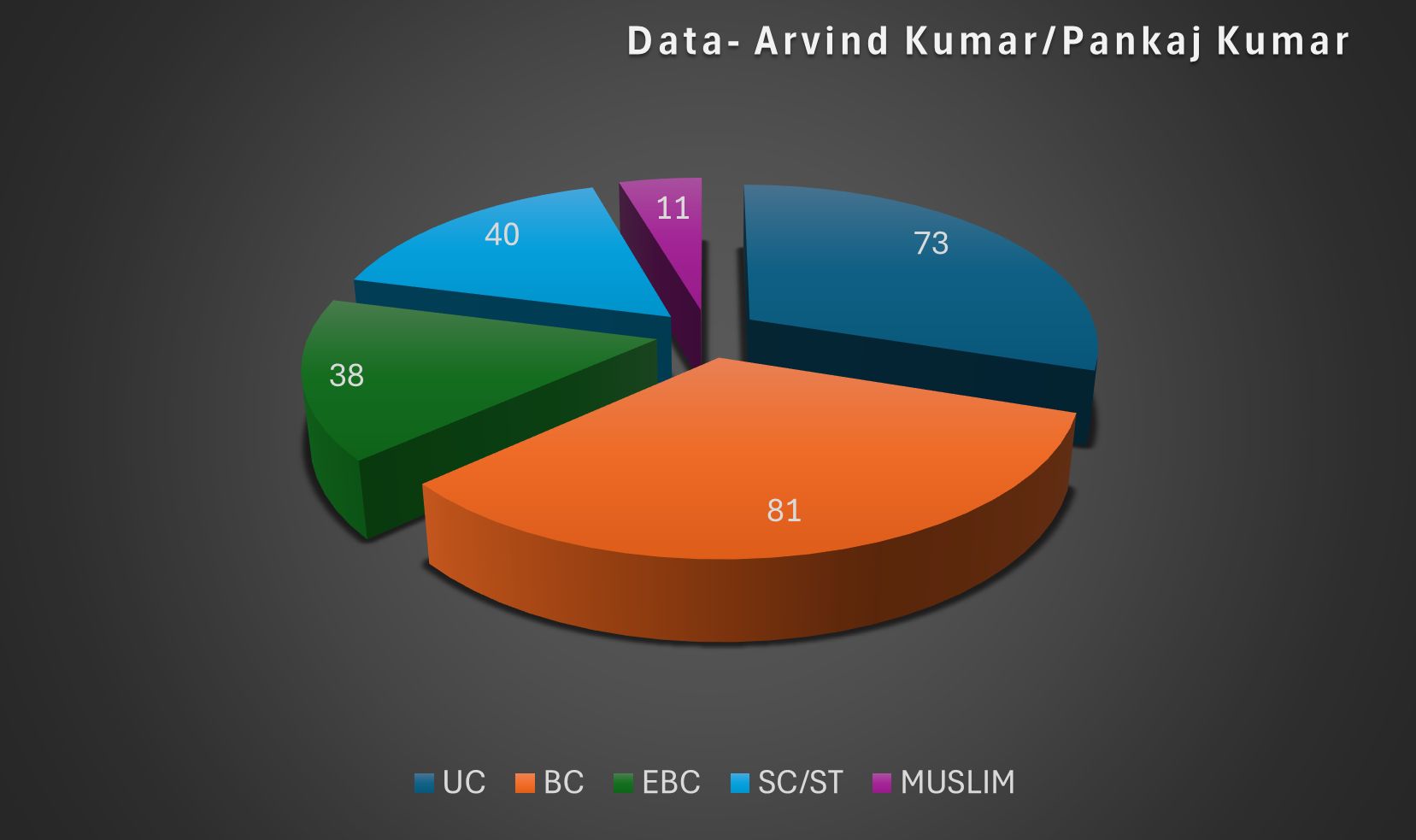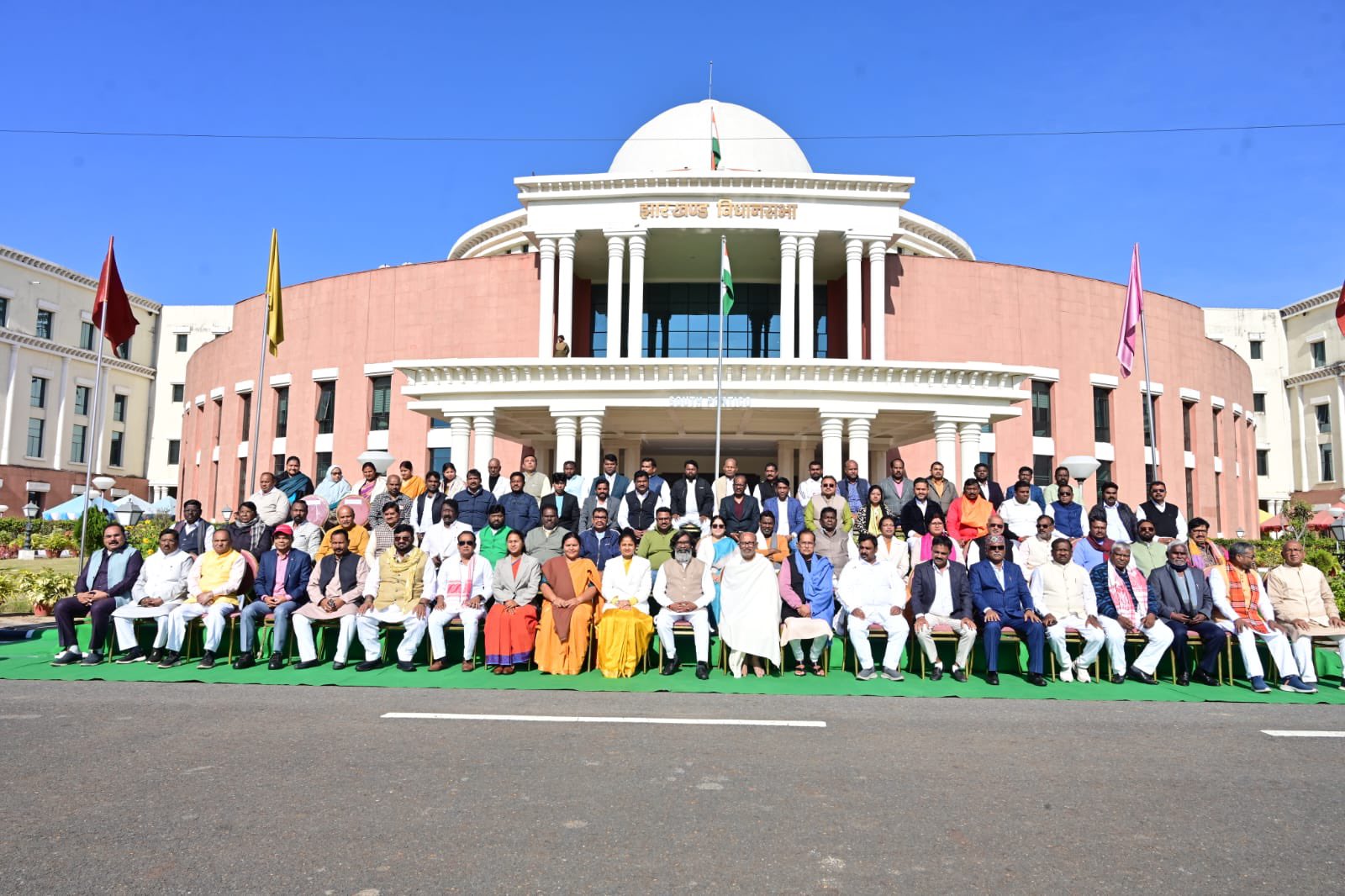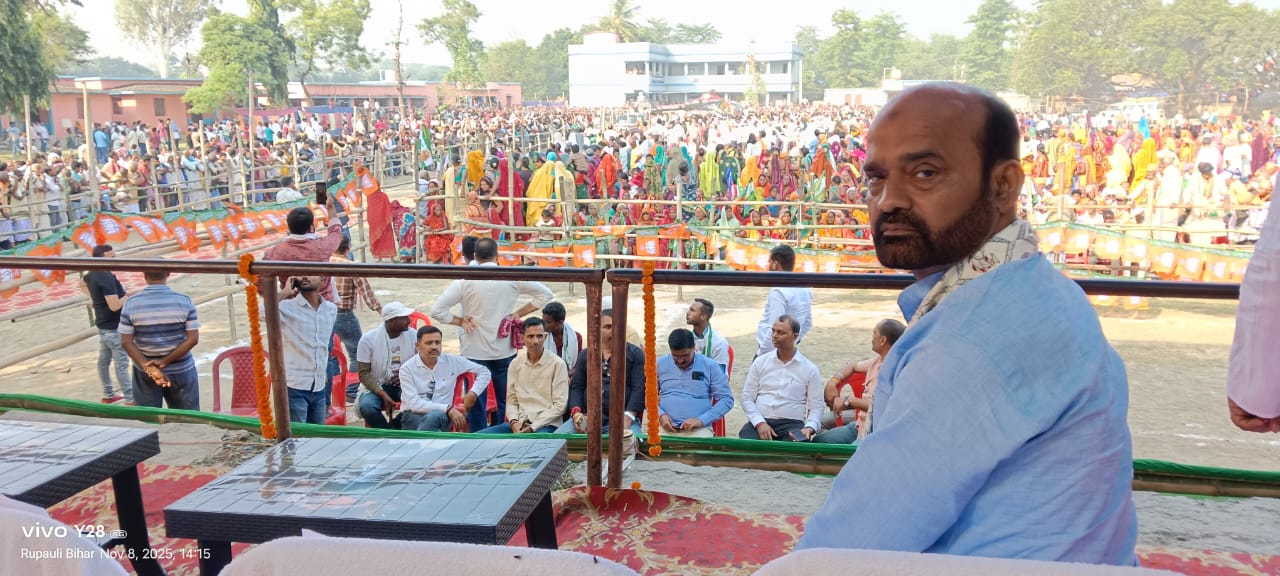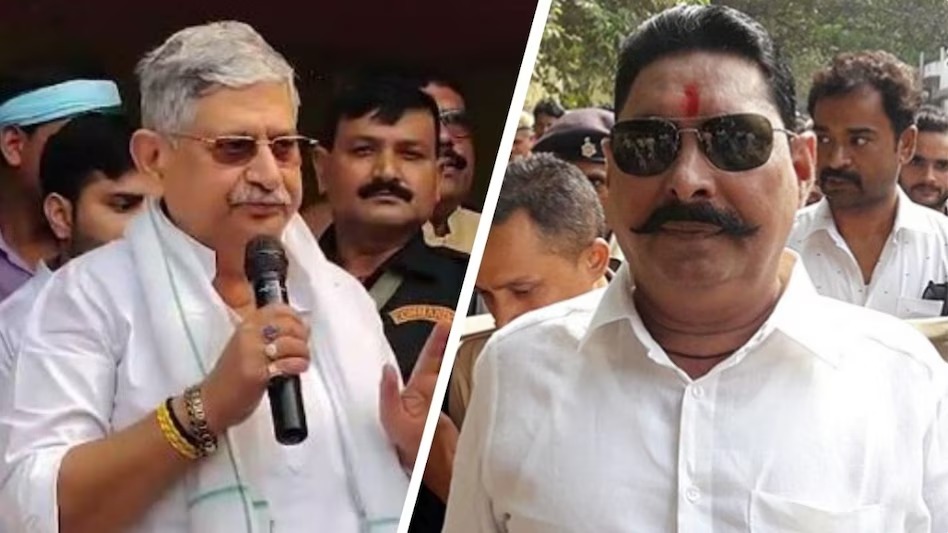The Adivasis are becoming increasingly conscious of their rights and are coming together to assert them, even as the Bharatiya Janata Party (BJP) is making an all-out effort to draw them into its fold. On 15 November 2021, Prime Minister Narendra Modi addressed a gathering in Bhopal to mark the birth anniversary of Birsa Munda and announced that 15 November will be celebrated as Janjatiya Gaurav Diwas. A firm believer in the adage that imitation is the best form of flattery, Madhya Pradesh Chief Minister Shivraj Singh Chouhan announced, on 4 December 2021, the martyrdom day of Tantya Bhil alias Tantya Mama, that the Panchayats (Extension to Scheduled Areas) Act, 1996 (PESA Act) would be implemented in Madhya Pradesh. Even at the time, the organizations and individuals working for the cause of the Adivasis had questioned the intention of the government. The government did not respond to their concerns. Now, the government’s reply to a question under the Right to Information Act 2005 has revealed some startling facts about the matter.
On 6 December 2021, this writer sought following information from the Department of Tribal Affairs:
- The names of the dailies in which the state government had published the first draft of the Panchayats (Extension to Scheduled Areas) Rules (PESA Rules) 2021, along with the date(s) of publication and copies of the published matter.
- The date of publication of the notice inviting suggestions and objections regarding PESA Rules 2021 from the public and the suggestions and the objections that were received in response to that notice.
- Meetings of people’s representatives held to elicit their views on the Panchayats (Extension to Scheduled Areas) Rules 2021, the minutes of such meetings and the objections and suggestions made by the people’s representatives in those meetings.
The three queries were aimed at shedding light on the arbitrary manner in which the state government had framed the rules. Adivasi people’s representatives have raised doubts on the issue. Their key objection related to the replacement of Article 4(b) and 4(d) of the Act, which are about the constitution of the traditional Gram Sabhas in accordance with Article 5(a) of the Madhya Pradesh Panchayati Raj Evam Gram Swaraj Adhiniyam, 1993. Tradition dictates that all residents of a village, whether adults or minors, are members of the Adivasi Gram Sabha concerned. Article 4(b) of the PESA Act says, “A village shall ordinarily consist of a habitation or a group of habitations or a hamlet or a group of hamlets comprising a community and managing its affairs in accordance with traditions and customs.” Article 4(d) stipulates, “Every Gram Sabha shall be competent to safeguard and preserve the traditions and customs of the people, their cultural identity, community resources and the customary mode of dispute resolution.”

Article 4(e) of the PESA Act specifies the authority and the powers of the Gram Sabhas in the Scheduled Areas. But the Madhya Pradesh PESA Rules 2021 confine their powers to those listed under the Madhya Pradesh Panchayati Raj Evam Gram Swaraj Adhiniyam, 1993. Those fighting for Adivasi rights say that Article 4(n) of the PESA Act bars Panchayats at higher levels from assuming the powers and authority of the Gram Sabhas. However, the Madhya Pradesh PESA Rules 2021, by designating the Gram Sabhas as agents of the Zila and Janpad Panchayats, encroach upon the very intent of the Act.
The Department of Tribal Affairs forwarded the above-mentioned RTI queries to the office of the Development Commissioner and the Panchayati Raj Directorate. But no information was provided. In accordance with the provisions in the RTI Act, the first appeal was made after a lapse of 30 days from the date of query, following which information running into five pages was provided on 3 February 2021. It makes for shocking reading: The state with the largest Adivasi population in the country did not invite suggestions and objections from the public before deciding on an important measure related to the Adivasis. That is not all. The government did not deem it necessary to discuss the matter with the elected representatives. The committee constituted by the government for implementing the Madhya Pradesh PESA Rules 2021 met only once. This committee, which was supposed to draw up the rules in accordance with the PESA Act and implement them, met on 16 August 2021. The meeting was chaired by Ashok Shah, principal secretary, Women and Child Development. Those present included Ashok Barnwal, principal secretary, Forests and Pallavi Jain Govil, principal secretary, Tribal Affairs. Non-official members of the committee, Kalu Singh Mujalda and Dr Rupnarayan Mandve, were also present.
How serious the government was with regard to implementation of the Madhya Pradesh PESA Rules 2021 can be gauged from the fact that representatives of only eight of the 30 departments of the state government attended the meeting of the committee held on 16 August 2021.
The questions that arise are: When was this committee constituted and why representatives of only eight departments attended its meeting?

Be that as it may, Congress MLA and founder of Jay Adivasi Yuva Sangathan, Dr Hiralal Alawa, has serious doubts about the intentions of the Shivraj Singh Chouhan government in the matter. According to Alawa, like many other announcements of the state government, PESA rules will also remain only on paper. Two months have elapsed since the announcement but the rules are yet to be notified in the state gazette. Alawa says that this shows that the BJP government was cheating the Adivasis.
Alawa says that under Article 4(n) of the PESA Act 1996, the state governments are supposed to draw up the rules for the setting up of autonomous committees for the control and administration of the areas falling under the Fifth Schedule. That has not been done in Madhya Pradesh. Similarly, under Article 4(o) of the Act, states are supposed to follow the “pattern of the Sixth Schedule” of the Constitution while designing the administrative arrangements in the Scheduled Areas. But under the Madhya Pradesh PESA Rules, 2021, the Gram Sabhas have been designated as agents of the Zila and Janpad Panchayats, thus defeating the very intent of the statute. In may be mentioned here that there are a total of 89 Adivasi blocks in the Umaria, Sheopur, Sidhi, Hoshangabad, Khandwa, Burhanpur, Ratlam, Balaghat, Anuppur, Shahdol, Chhindwara, Seoni, Alirajpur, Seoni, Badwani, Khargone, Betul, Dindori, Mandla and Dhar districts of the state.
Dr Alawa also has reservations about the manner in which the rules were drawn up. He says that Madhya Pradesh has the biggest Adivasi population among all the states in the country, yet the state government did not deem it fit to invite suggestions and objections from the general public on the issue. He says he, in the capacity of an MLA, has forwarded his suggestions to the state government but the government has not even cared to inform him of the status of his letter. He also says that the Madhya Pradesh PESA Rules 2021 are being used by the state government to dilute the Forest Rights Act 2006 and The Right to Fair Compensation and Transparency in Land Acquisition, Rehabilitation and Resettlement Act, 2013.
(Translation: Amrish Herdenia; copy-editing: Anil)
Forward Press also publishes books on Bahujan issues. Forward Press Books sheds light on the widespread problems as well as the finer aspects of Bahujan (Dalit, OBC, Adivasi, Nomadic, Pasmanda) society, culture, literature and politics. Contact us for a list of FP Books’ titles and to order. Mobile: +917827427311, Email: info@forwardmagazine.in)
The titles from Forward Press Books are also available on Kindle and these e-books cost less than their print versions. Browse and buy:
The Case for Bahujan Literature
Dalit Panthers: An Authoritative History







